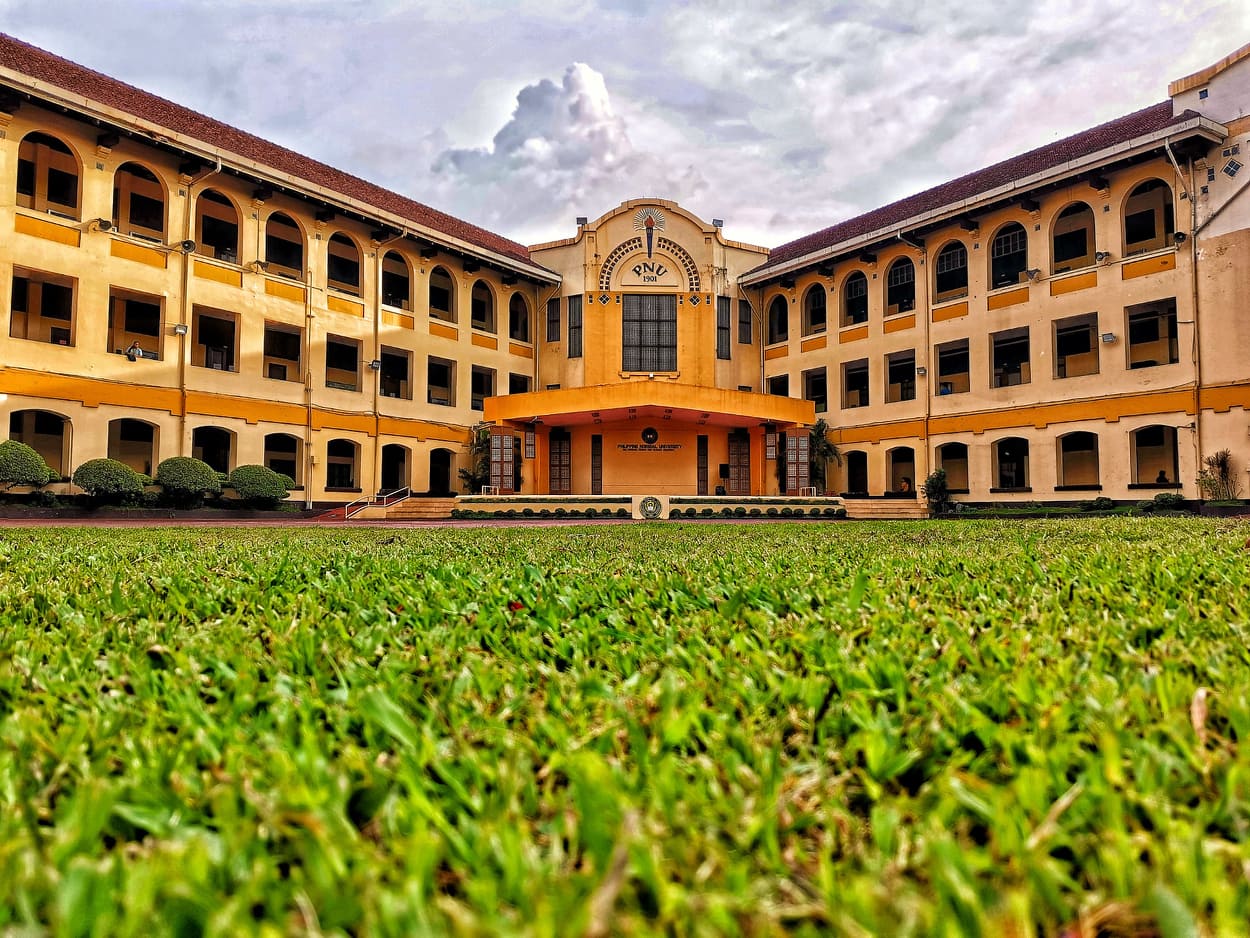According to the World bank last 2017, the Philippines has been one of the fastest growing economies in Asia. Filipinos should thank the good performance of the previous administration of the government. Well, they should also praise the continued efforts of the current administration to maintain or even surpass the said rate of growth. But then every Filipino should have his or her own contribution for the economy to keep on growing. Many decisions they make greatly affect the economy in the long run. And one of these decisions is the chosen courses of incoming college students.
It affects the economy positively when the students are able to apply their courses in their lives after graduating in College.
On the other hand, it affects the economy negatively when those students, especially when it encompasses the majority of them, become or remain jobless for many years.
So how should incoming students choose their courses?
The following suggestions may help them decide, not just for their own welfare but for the country’s:
1. They should consider taking courses in the fields of information technology, sciences and mathematics. Aside from this, they should consider taking courses in entrepreneurship and business administration, communications, as well as education and agriculture.
Information technology continuously affects the modern way of living, not only of Filipinos, but of people across the globe. It will remain a huge factor in the progress and development of every nation. Thus taking courses along this field can assure the incoming college students of jobs that are in demand here and abroad after graduation. But hopefully, these students will prefer to work within the country to share their knowledge and skills and help improve the economy.
The fields of science and mathematics include courses that are widely used in many aspects of our lives. Experts along the fields of sciences, especially Physics, have widely assisted and supported many medical breakthroughs. They have also helped in the developments of information technology, artificial intelligence, and computers.
Mathematics, on the other hand are useful for our economic growth as experts in these fields become financial consultants and analysts, actuarians, statisticians, logistic advisers, professors to name a few.
Entrepreneurship is also an important course and is relevant to the current Philippine settings. It will continue to be useful in many years to come, as Filipinos realize the advantages of having micro-businesses, and learn to manage them successfully.
Communications, writing, public relations and related fields are likewise relevant courses to take. More people decide to work from home to have more time with their families. Likewise, business processing outsourcing companies continue to provide high income for their employees. Courses, therefore, under this field will continue to thrive and be useful.
Education is one of the noblest professions, yet it is an all-time relevant field that incoming college students should consider taking.
Every expert in any field of learning has been taught by a professor. Every knowledge or skill has been instilled in a student by a teacher.
On the other hand, farmers of today are getting old that students should be provided with information about the importance of agriculture in the country.
Unless the people will learn how to eat meals without rice and other crops, agriculture remains essential to this region.
With modern technology comes new methods in farming, and new ways of developing rice grains that can withstand floods and heavy rains.
Through this, Filipinos can plant and produce crops, fruits, vegetables and trees. This will generate income and jobs as well.
2. It’s important to recognize and use our passion. However, there are times when it must take a back seat to give way to more relevant courses.
Young Filipinos are adept in many things. They can multitask and can deal with different types of people. They can easily adjust. For certain, they can set aside for awhile their passion to give way to more relevant courses that are best taken for the improvement of not only themselves, but of their country. Unless their passion is in demand at present, then they can try that as their profession. Otherwise, they need to take courses that can upgrade themselves to become assets of the nation.
3. Young students must also consider the economic status of their parents.
Poverty should never be a hindrance to poor, young, responsible and intelligent people with big dreams. There are ways they can obtain college education even if their parents can’t afford all the expenses they’ll incur in College.
They can apply as student assistants or as tutors during their vacant period. What’s more, they can apply for scholarships.
There are lots of success stories of recipients under the Department of Science and Technology-Science Education Institute (DOST-SEI) scholarships.
This agency has expanded its approved courses. This is to encourage more students to take its scholarship examinations. What’s more, it has two scholarship offerings. One for incoming college students, and one for current third year college students. It provides graduate scholarships too!
The Commission on Higher Education (CHED) and Overseas Workers Welfare Administraton (OWWA) are two other government institutions offering scholarships to deserving students. Likewise, there are private institutions that provide scholarships such as Charity First and Phinma Education.
The older generation of Filipinos should really guide its younger generation, especially with regards to the courses they must take in College.
The wisdom and guidance of the old generation can hugely affect the success or failure of the younger ones. After all, the future of the country truly lies in the success of its young generation.

